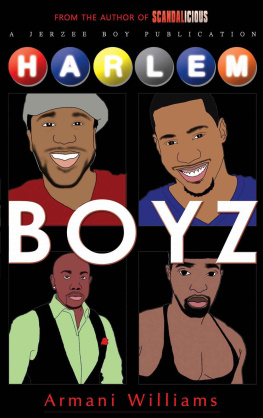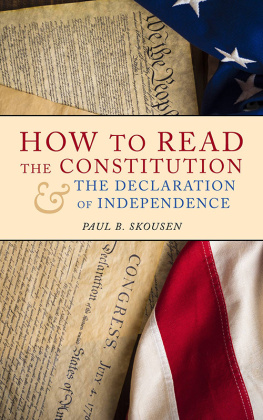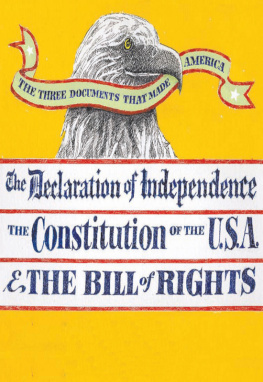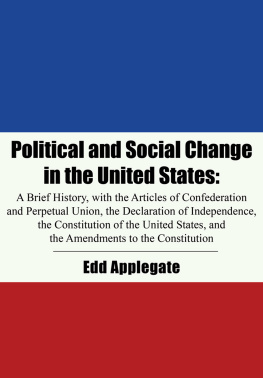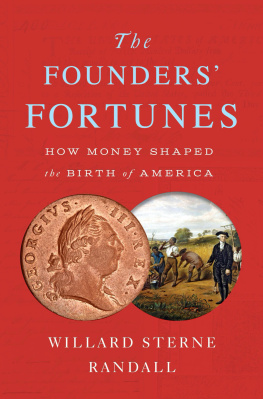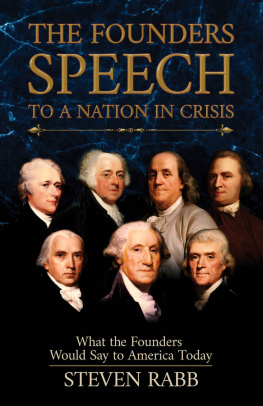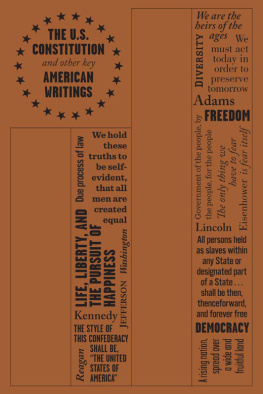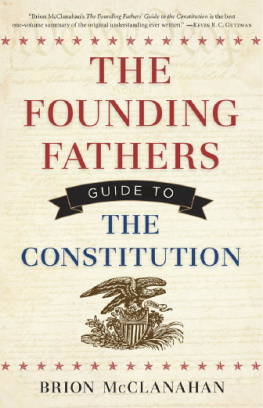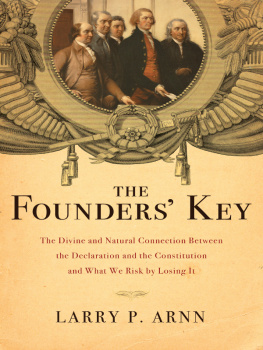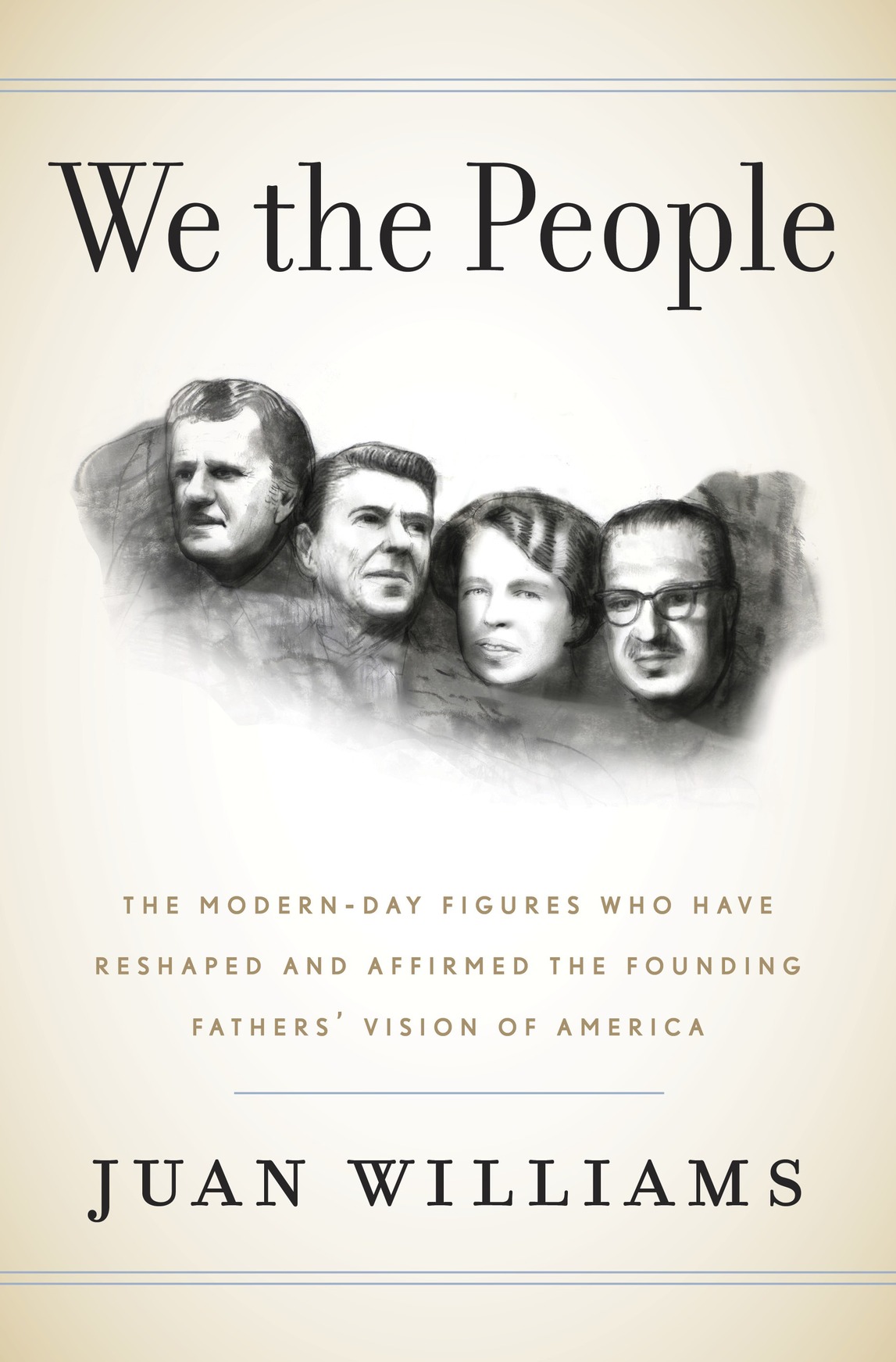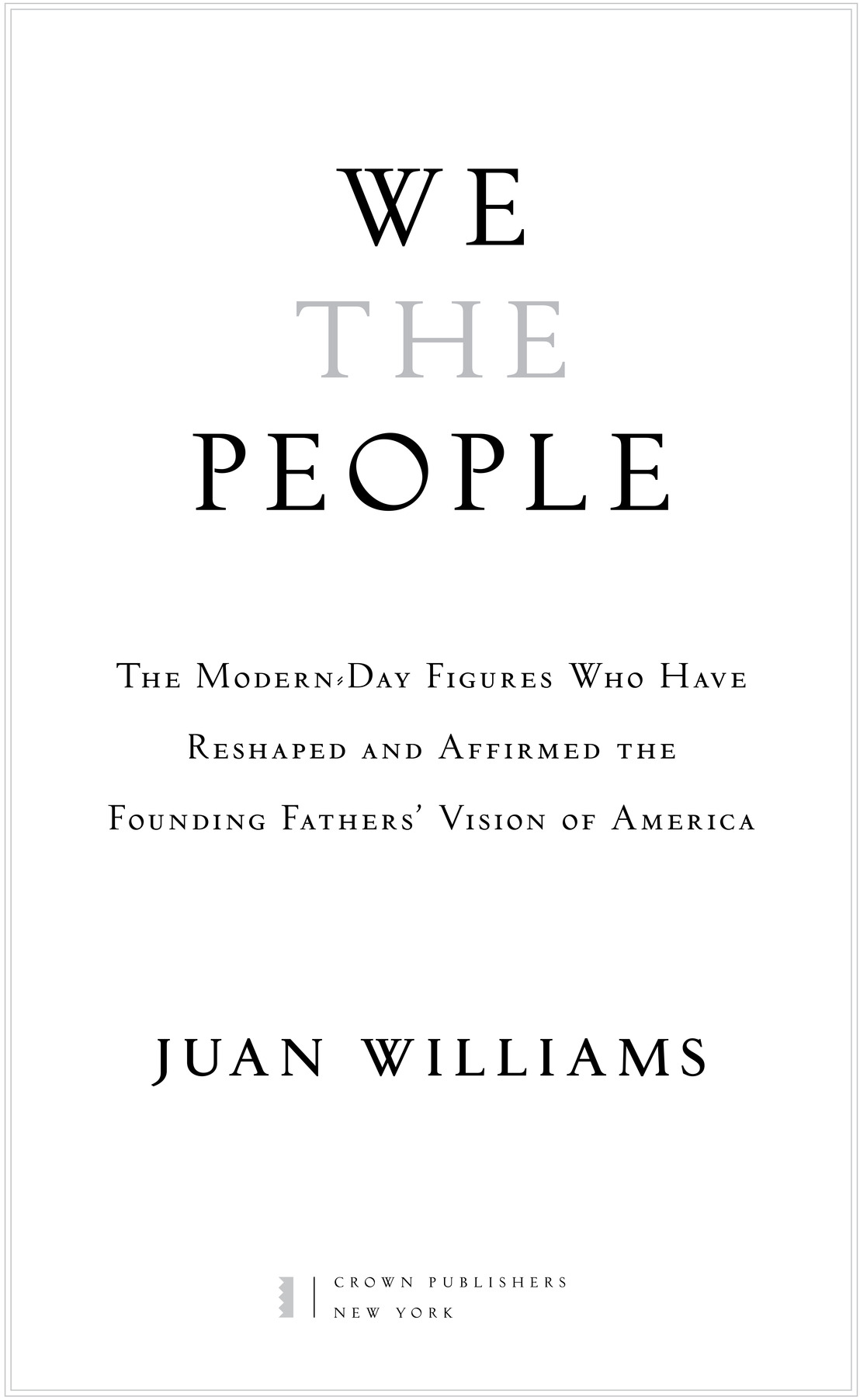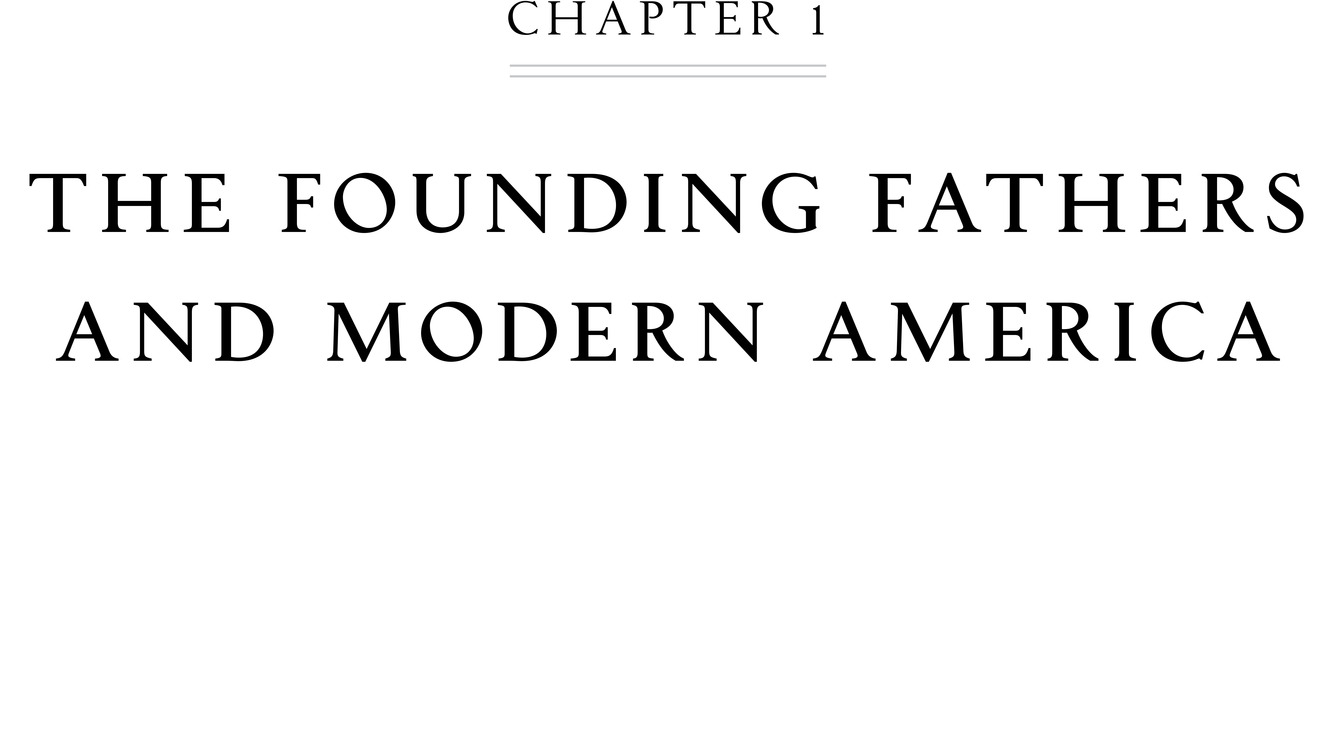Williams - We the people: the modern-day figures who have reshaped and affirmed the Founding Fathers vision of America
Here you can read online Williams - We the people: the modern-day figures who have reshaped and affirmed the Founding Fathers vision of America full text of the book (entire story) in english for free. Download pdf and epub, get meaning, cover and reviews about this ebook. City: United States, year: 2016, publisher: Crown/Archetype; Crown Publishers, genre: Politics. Description of the work, (preface) as well as reviews are available. Best literature library LitArk.com created for fans of good reading and offers a wide selection of genres:
Romance novel
Science fiction
Adventure
Detective
Science
History
Home and family
Prose
Art
Politics
Computer
Non-fiction
Religion
Business
Children
Humor
Choose a favorite category and find really read worthwhile books. Enjoy immersion in the world of imagination, feel the emotions of the characters or learn something new for yourself, make an fascinating discovery.

We the people: the modern-day figures who have reshaped and affirmed the Founding Fathers vision of America: summary, description and annotation
We offer to read an annotation, description, summary or preface (depends on what the author of the book "We the people: the modern-day figures who have reshaped and affirmed the Founding Fathers vision of America" wrote himself). If you haven't found the necessary information about the book — write in the comments, we will try to find it.
In a fascinating work of history told through a series of in depth profiles, prize-winning journalist, bestselling author, and Fox political analyst Juan Williams takes readers into the life and work of a new generation of American Founders, who honor the original Founders vision, even as they have quietly led revolutions in American politics, immigration, economics, sexual behavior, and reshaped the landscape of the nation.
Among the modern-day pioneers Williams writes about in this compelling new book are the passionate conservative President Reagan; the determined fighters for equal rights, Thurgood Marshall and Martin Luther King, Jr.; the profound imprint of Rev. Billy Grahams evangelism on national politics; the focus on global human rights advocated by First Lady Eleanor Roosevelt; the leaders of the gay community who refused to back down during the Stonewall Riots and brought gay life into Americas public square; the re-imagined role of women in contemporary life as shaped by Betty Friedan.
Williams reveals how each of these modern-day founders has extended the Founding Fathers original vision and changed fundamental aspects of our country, from immigration, to the role of American labor in the economy, from modern police strategies, to the importance of religion in our political discourse.
America in the 21st Century remains rooted in the Great American experiment in democracy that began in 1776. For all the changes our economy and our cultural and demographic make-up, there remains a straight line from the first Founders original vision, to the principles and ideals of todays courageous modern day pioneers.
Williams: author's other books
Who wrote We the people: the modern-day figures who have reshaped and affirmed the Founding Fathers vision of America? Find out the surname, the name of the author of the book and a list of all author's works by series.


